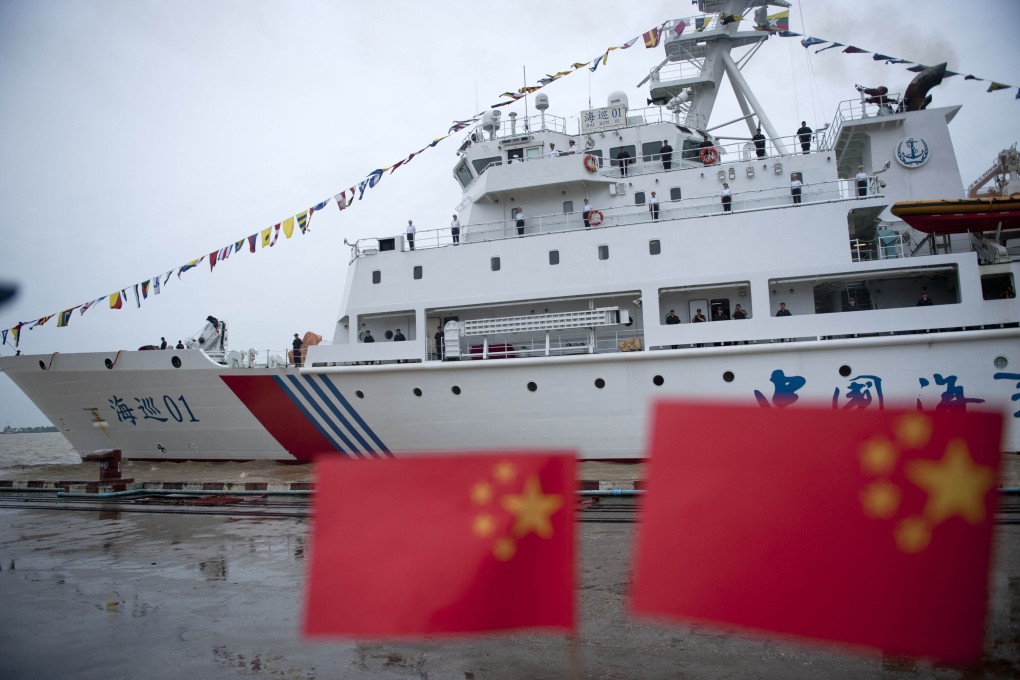Myanmar to profit from controversial Chinese-backed mine

Myanmar has signed a revised contract that increases its share of the profits from a controversial Chinese-backed copper mine, the country’s largest, officials said.
The revision is seen as an attempt by the government to appease public anger over the project by giving the country a bigger share of the profits, after protests last year that triggered a violent police crackdown.
The new terms give the government 51 per cent of the profits from the Letpadaung copper mine in Monywa, 760 km (472 miles) north of Yangon, far more than its original 4 per cent share.
The mine’s operators, Union of Myanmar Economic Holdings Limited (UMEHL), which is owned by Myanmar’s military, and Myanmar Wanbao, a unit of China North Industries, a Chinese weapons manufacturer, will get 30 per cent and 19 per cent respectively.
Under the original contract, the UMEHL got 45 per cent and Myanmar Wanbao got 51 per cent of the mine’s profits.
Villagers protested for months last year against the project’s expansion on what they said was thousands of acres of illegally seized land.